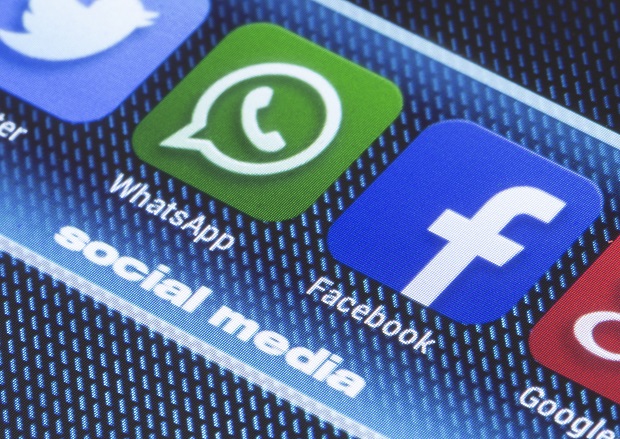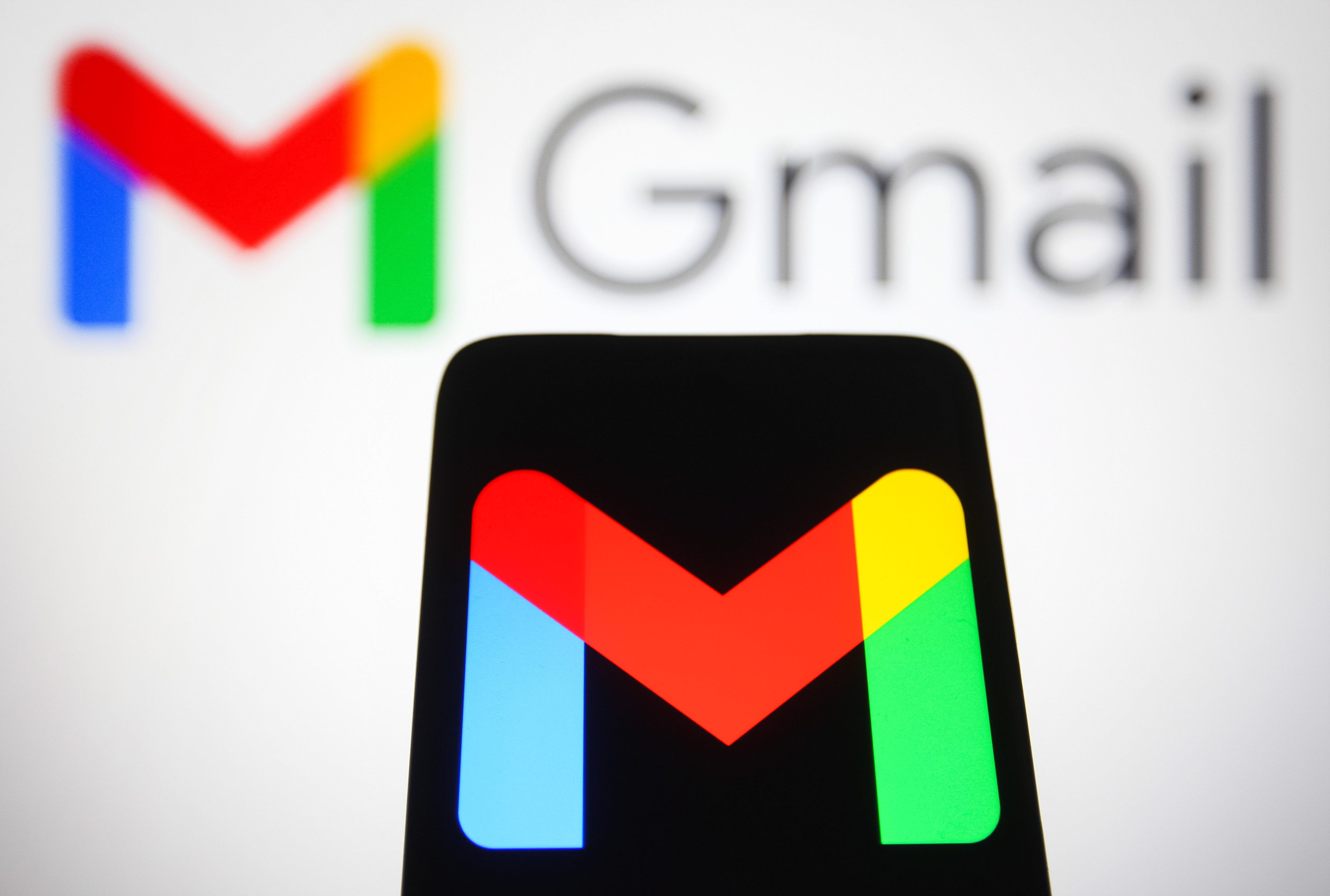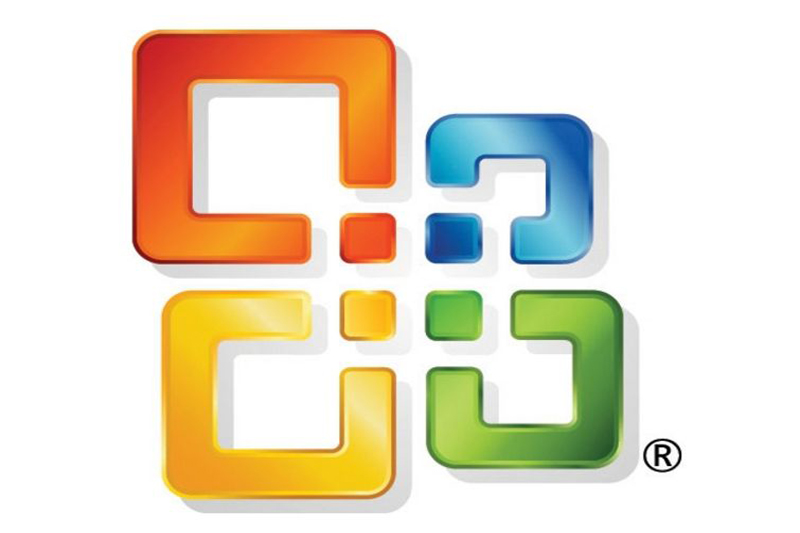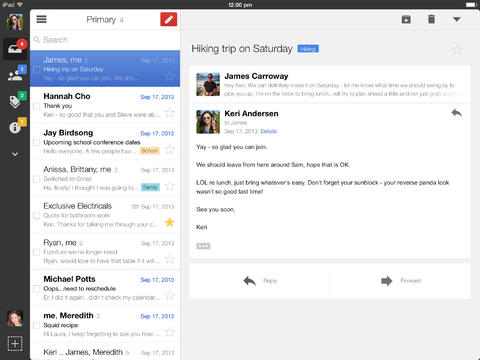IM set to overtake email, study finds
Juniper research suggest that IM services like WhatsApp will continue their explosive growth


Instant messaging (IM) services like WhatsApp and Facebook Messenger are set to overtake email, according to new research.
Last year, email made up the majority of internet messaging traffic, with around 35 trillion messages sent globally.
Data compiled by Juniper analysts now shows that over the next year, IM services will surpass this figure, accumulating almost 43 trillion messages.
The research cited the low cost of most messaging services as well as the spread of inexpensive mobile internet as one of the trend's key contributing factors.
WhatsApp alone hosts more than 30 billion messages per day, according to the company, and services like WeChat and Snapchat have had similar success.
Also noted is the fact that 80 per cent of emails sent can be dismissed as spam, possibly indicating that by some benchmarks, email has already been surpassed as the dominant messaging form.
However, SMS remains a hugely successful messaging format, particularly for enterprise users. Network provider EE uses SMS to communicate with its customers, and states that 99 per cent of all text messages are read by the recipient, with 90 per cent being read within three minutes.
Sign up today and you will receive a free copy of our Future Focus 2025 report - the leading guidance on AI, cybersecurity and other IT challenges as per 700+ senior executives
Further highlighted is the comparatively slow adoption of Over-The-Top internet messaging services in the developing world.
"While there may be a trend towards OTT messaging, SMS is always there in times when Internet access may be impossible, or 3G/4G coverage poor. Its reliability means that messages have a very low non-delivery rate.
"SMS also maintains dominance in regions where featurephone use exceeds smartphone penetration, ensuring it is still a viable means of communication, at least in the medium term."
This research may suggest that IM will quickly replace most other forms of communication, but Juniper's findings indicate that despite the considerable growth, "IM's equivalent per-message revenue return is forecast to be less than 1% of that generated through SMS and MMS in 2019."
Adam Shepherd has been a technology journalist since 2015, covering everything from cloud storage and security, to smartphones and servers. Over the course of his career, he’s seen the spread of 5G, the growing ubiquity of wireless devices, and the start of the connected revolution. He’s also been to more trade shows and technology conferences than he cares to count.
Adam is an avid follower of the latest hardware innovations, and he is never happier than when tinkering with complex network configurations, or exploring a new Linux distro. He was also previously a co-host on the ITPro Podcast, where he was often found ranting about his love of strange gadgets, his disdain for Windows Mobile, and everything in between.
You can find Adam tweeting about enterprise technology (or more often bad jokes) @AdamShepherUK.
-
 CloudHQ fully integrates Gmail with Google Sheets
CloudHQ fully integrates Gmail with Google SheetsNews Users can bulk export email text to Google Sheets, Excel, or CSV files
-
 How to delete a Gmail account
How to delete a Gmail accountIn-depth Our step-by-step guide on how to close your Google email account for good
-
 How to recover deleted emails in Gmail
How to recover deleted emails in GmailTutorials Learning how to recover deleted emails in Gmail is straightforward and can save a lot of time and hassle
-
 Google to revamp security to fight political hacks
Google to revamp security to fight political hacksNews The yet-to-be-announced update is aimed at executives and political figures
-
 Microsoft Office is 25 today!
Microsoft Office is 25 today!In-depth It’s been 25 years since Word, Excel and others brought office productivity to the masses
-
 Best Android email apps
Best Android email appsNews We’ve rounded up the top 10 Android email apps to help you decide which is the best one for you
-
 Google chief lays out rules for successful emailing
Google chief lays out rules for successful emailingNews Respond quickly and be concise, says Schmidt
-
 Microsoft in the clear over anti-Gmail ad campaign
Microsoft in the clear over anti-Gmail ad campaignNews ASA rules in software giant's favour over Outlook.com email scanning claims.


